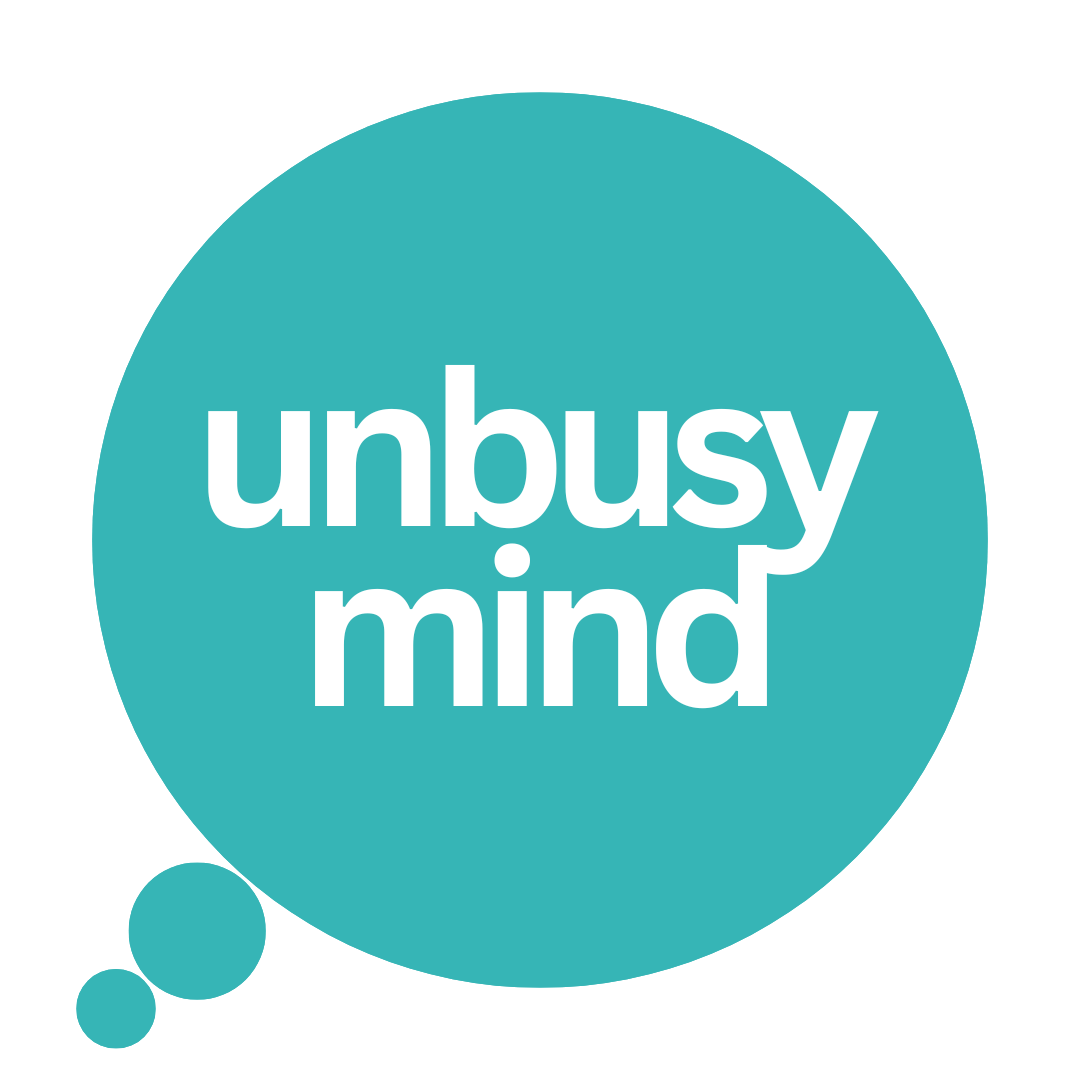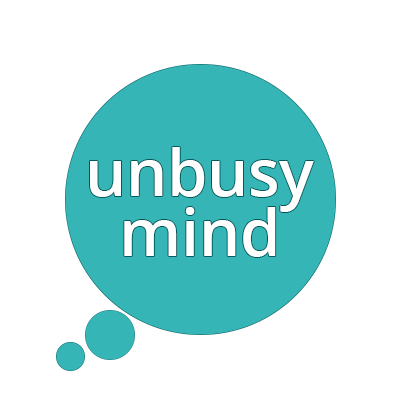
20 Sep The Trick to Getting Smarter: It’s Surprisingly Obvious
We’ve all had those moments where we wish we could be a bit sharper, right? Whether it’s mastering a new skill, crushing a trivia game, or simply staying on top of daily tasks, we’re constantly on a quest to sharpen our minds. The good news? Getting smarter isn’t as mysterious or difficult as it may seem. In fact, science suggests that the key to becoming more intelligent might be a lot more obvious than we think.
So, what’s the secret? Let’s dive in!
The Science of Learning: How Our Brain Changes
Our brains are fascinating, don’t you think? They’re like a muscle that grows stronger the more we use them. But what actually happens inside our heads when we’re learning something new? Well, researchers have been using functional magnetic resonance imaging (fMRI) to understand brain activity, and the results are nothing short of amazing.
The Brain’s Reaction to Learning: Blood Flow & Growth
When we challenge ourselves with a new skill—whether it’s learning a language, picking up a new hobby, or solving a puzzle—there’s a rush of blood to different parts of our brain. Specifically, the amygdala (our emotional control center), the hippocampus (involved in memory), and the cerebral cortex (where critical thinking happens) all light up. It’s like the brain’s version of flexing a muscle.
This increased blood flow isn’t just for show; it’s actually helping to strengthen and grow these areas of the brain. Think of your brain like your bicep at the gym: the more you use it, the stronger it gets.
Myelin: The Brain’s Secret Weapon
But that’s not all. As we learn new things, our brain also creates more myelin. Myelin is a white matter that coats neurons, which are the cells responsible for communication in our brain. The more myelin we have, the better our neurons communicate with one another, kind of like upgrading from dial-up internet to fiber optics.
More myelin means faster, more efficient brain function. Essentially, your brain is becoming a supercharged communication hub, which, in turn, makes you smarter.
The Feedback Loop of Learning
Here’s where things get even cooler: learning doesn’t just make us smarter—it actually makes us want to learn more! According to researchers, the increased blood flow to the amygdala (our emotional center) triggers a natural desire to keep learning. It’s like a reward system; the more we learn, the more we want to keep going.
Why Does This Matter?
This feedback loop explains why we feel that “aha!” moment when we finally understand something new. It’s a burst of dopamine, a chemical in our brain that makes us feel good. And, like anything that makes us feel good, we crave more of it. So, the next time you feel the urge to binge a documentary series or dive into a new hobby, thank your amygdala for keeping you on the path to self-improvement.
How to Flex Your Brain Like a Muscle
Now that we know our brain works like a muscle, the obvious next question is: how can we train it to get smarter? While the answer might seem simple—just keep learning—there are specific strategies that can help maximize your brain’s potential.
Embrace New Challenges
One of the best ways to get smarter is by stepping outside your comfort zone. When you tackle something new, you’re forcing your brain to adapt, which leads to growth. Here are a few ways to embrace challenges:
- Learn a New Language: It’s one of the best exercises for your brain. Not only does it boost memory, but it also enhances problem-solving skills.
- Pick Up a New Hobby: Whether it’s playing a musical instrument, painting, or coding, engaging in a creative activity is a great way to flex your brain muscles.
- Try Brain Games: Puzzles, chess, and Sudoku are not only fun but also challenge different areas of the brain.
Make Learning a Daily Habit
The key to getting smarter is consistency. Just like working out, the more frequently you exercise your brain, the stronger it gets. But don’t worry—it doesn’t have to be intense. Even just 15 minutes a day can make a big difference. Here are some ideas to get you started:
- Read Daily: Whether it’s a book, an article, or a blog post, reading stimulates the brain and expands your knowledge base.
- Watch Educational Videos: Platforms like YouTube and TED Talks offer countless opportunities to learn something new in a fun and engaging way.
- Listen to Podcasts: If you’re short on time, podcasts are a great way to absorb new information while you’re on the go.
Stay Curious
Curiosity might have killed the cat, but it’s essential for human intelligence. When we stay curious, we’re more likely to explore new ideas and challenge our thinking. The trick? Ask more questions! Don’t just accept things at face value. Dig deeper, and seek to understand the “why” behind everything.
Connect with Others
Our brains are social organs, and interacting with others is a fantastic way to stimulate our minds. Whether it’s discussing ideas, debating different perspectives, or learning from others, socializing can make you smarter. Plus, teaching others what you’ve learned is a great way to reinforce your own understanding.
The Brain Benefits of Mindfulness and Meditation
We’ve talked a lot about how learning new things can make us smarter, but what about mental downtime? Can activities like meditation and mindfulness also contribute to brain health? Absolutely!
How Meditation Rewires the Brain
Meditation has been shown to have profound effects on the brain. Studies using brain imaging have found that regular meditation practice can increase gray matter in areas of the brain related to memory, learning, and emotional regulation.
The Role of Mindfulness
Mindfulness, or the practice of being present and fully engaged in the moment, helps reduce stress and enhance focus. When we’re less stressed, we’re better able to retain new information, which helps boost our overall intelligence.
Make Mindfulness Part of Your Routine
Here’s how you can incorporate mindfulness into your daily life:
- Start with Short Sessions: Just 5-10 minutes of mindfulness practice each day can make a big difference.
- Focus on Breathing: Paying attention to your breath is a simple way to center yourself and reduce stress.
- Use Apps: There are tons of mindfulness apps out there (like Headspace!) that can guide you through meditation and mindfulness exercises.
The Power of Sleep and Brain Function
We can’t talk about getting smarter without mentioning the importance of sleep. Sleep plays a crucial role in memory consolidation, creativity, and problem-solving—all Why Sleep Matters for Your Brain
During sleep, the brain processes and stores the information we’ve learned throughout the day. This process, known as memory consolidation, is key to retaining new information. Lack of sleep, on the other hand, can impair cognitive function, making it harder to learn and remember things.
Tips for Better Sleep
Want to boost your brainpower? Get more sleep! Here’s how:
- Stick to a Schedule: Go to bed and wake up at the same time every day, even on weekends.
- Create a Relaxing Routine: Wind down before bed with calming activities like reading or meditation.
- Limit Screen Time: Avoid screens at least an hour before bed to help your brain relax.
Final Thoughts: Intelligence Is Within Your Reach
At the end of the day, getting smarter isn’t about cramming information or being born with a natural gift. It’s about consistently challenging yourself, staying curious, and giving your brain the tools it needs to grow. Whether it’s learning a new skill, practicing mindfulness, or simply getting enough sleep, every small step you take helps strengthen your brain.
So, what are you waiting for? Start flexing those brain muscles today and watch your intelligence soar.
Summary
In essence, boosting our intelligence is a natural process fueled by curiosity, challenges, and mindful habits. By learning new skills, staying consistent with mental exercises, embracing mindfulness, and prioritizing sleep, we can all become smarter, sharper, and more resilient over time. It’s not rocket science—it’s just how our brains work!

